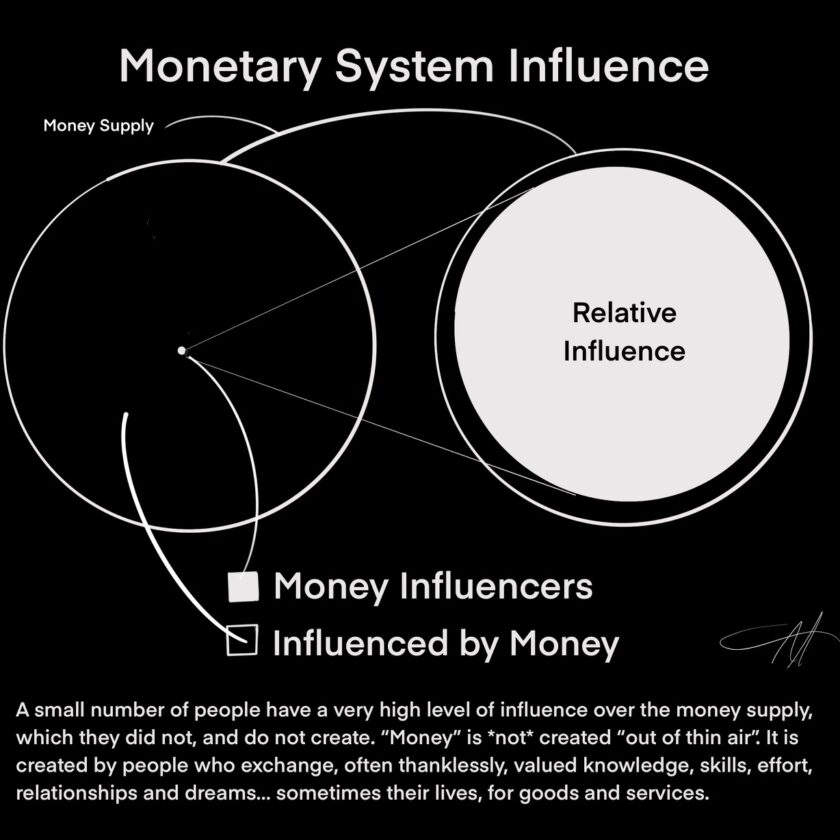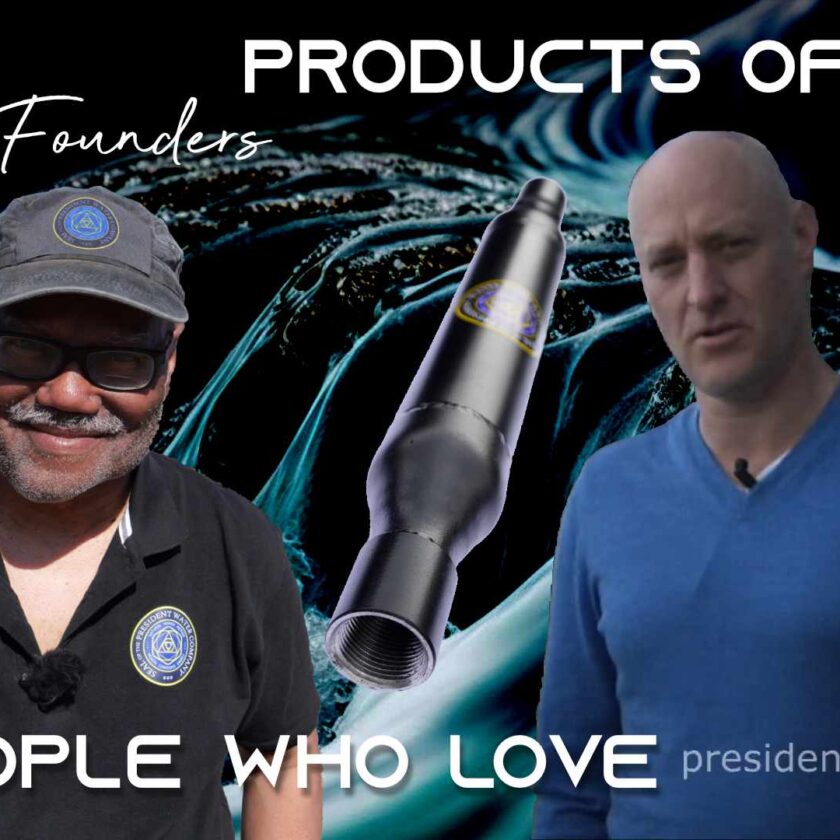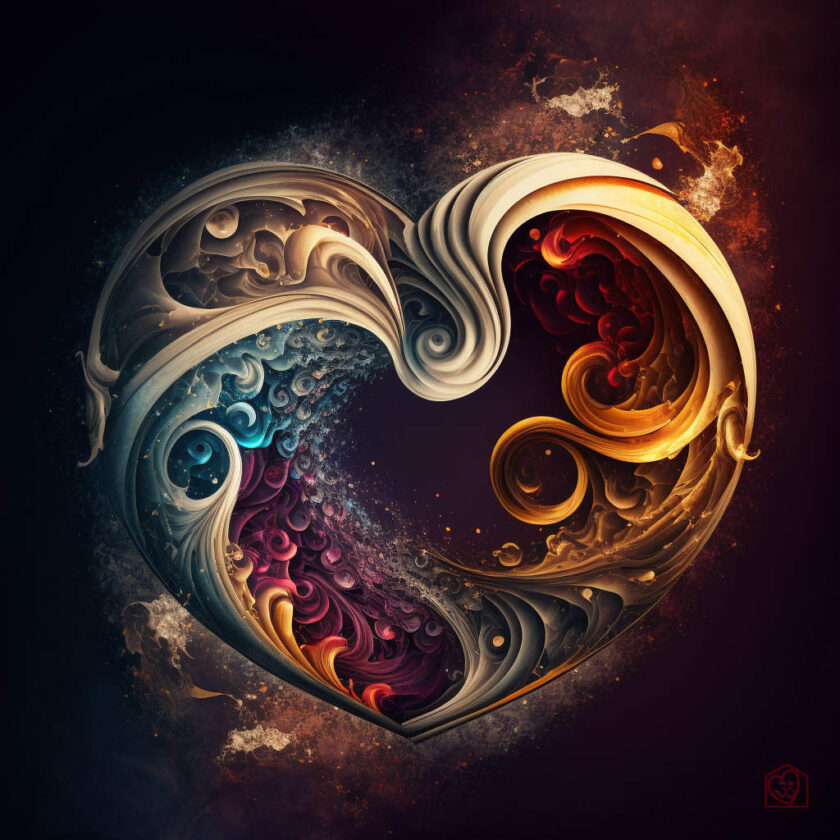Who to Look To, and Where to Start
Our racial, ethnic, religious, political, or cultural affiliations may change over the course of our lives. Yet we will always be human beings. As such, it behooves us to embrace this truth early and often.
Human relations, not race relations, are and forever will be both the greatest challenge and opportunity that we face during our sojourn in the space/time continuum. The quality of the life we live is in fact, the quality of the relationships that we create. In essence, life is relationship, not only with others, but also with one’s self. The main challenge in creating a meaningful life lies in respecting our differences and not fearing, or being threatened thereby. The opportunity is in using our natural, common, shared, human gifts—thoughts, energy, intelligence, and choices—in special ways.
It is common practice, particularly when we are children, for others to be quite insistent about who we are. They will insist that we are _“(fill in the blank)”_, or that, and should be acting a certain way that is reflective of that way of being. Said behavior would also serve both as an identifying, and contrasting mechanism with regard to other groups, whom we are told, just as emphatically, we do not belong to. Thus, the seeds of groupism are planted. It is not limited to race relations. Groupism is in effect wherever social distinctions are practiced, including politics, religion, education, economics, and class.
When it comes to changing the tone and tenor of our lives, we need to know that, by virtue of our status as human beings, the power and “equipment” needed to create quantum change is within, and all we need to do is “go there” in order to bring it out.
The term exogenous refers to that which is caused by factors from outside a system, organism, or individual. In counterpoint, the term endogenous refers to that which is caused by factors from inside. These terms can be applied to human factors that drive our actions, such as our motivation, determination, attitude, and beliefs. The socialization of children in early life is essentially the internalization of exogenous norms, delivered, as it were, through experiences—both “good” and “bad”—that we share with family, friends, neighbors, teachers, and peers. Our worldview is formed. We make decisions, often unconsciously, or by acquiescence regarding “who we are,” and what we can, or cannot aspire to, dream of, and create. These, unseen, immeasurable, endogenic decisions drive our behavior. They influence the degree to which we allow ourselves to attract, seek, and create, on the whole, harmony, alignment, health, happiness and joy, or dissonance, distortion, illness, sadness and sorrow.
Let’s be clear on one thing right here. No human life is all one way. In other words, no one lives a life experience is totally harmonious, happy, joyful and blissful. However, it appears that a significant number of people around the world live lives that are virtually devoid of happiness, given the strife—economic, social, civil, health-wise, and otherwise—that they endure each day. But it is even more important for such people to become aware, if not remember that irrespective of the exogenic circumstances, the transformative kernel yet lives in every human mind and heart, and can be catalyzed via an endogenic process. In other words, every individual has the power to consciously change the course of his or her own life, turning it in the direction and spirit of their choosing.
Some of the greatest, most inspirational human lives are memorable because of the great harm, and obstacles to harmony, health, abundance, happiness, and joy they overcame in order to turn their inspired dream into real experiences.
Irrespective of the challenge or obstacles to harmony—whether it is intolerance, hatred, poverty, or disease—our mechanism for change remains very personal, individual, and endogenic. It is our kernel, which, like an acorn that grows into a great oak tree, can turn the most humble, hostile, or godforsaken situation into something that is triumphant and exalting. The decision is yours and mine, as is the power. The catalyzing power of positive, conscious change, is love. The facilitating mechanism of activating love, is through forgiveness. The object toward which these great Gifts must first be applied, is upon Self, at which point they may flow through us to touch, liberate, inspire, and transform others. We need look no further for these ever present tools, than within.





FWIW, “groupism”, as you’ve called it, is necessary biologically. We need to be able to quickly find differences between us and the next individual.
It helps us be able to determine, for example, that a lion is different from us. The result is we’ll probably keep an eye on the lion longer than if we didn’t think we might get eaten.
Likewise, two birds of a similar size and shape, but of different species may be able to tell that red cardinals are ones they can mate with, but bluejays ones who wouldn’t appreciate a mating dance.
The problem with people is not the “groupism”, rather, the superiority complex and entitlement issues so many people have.